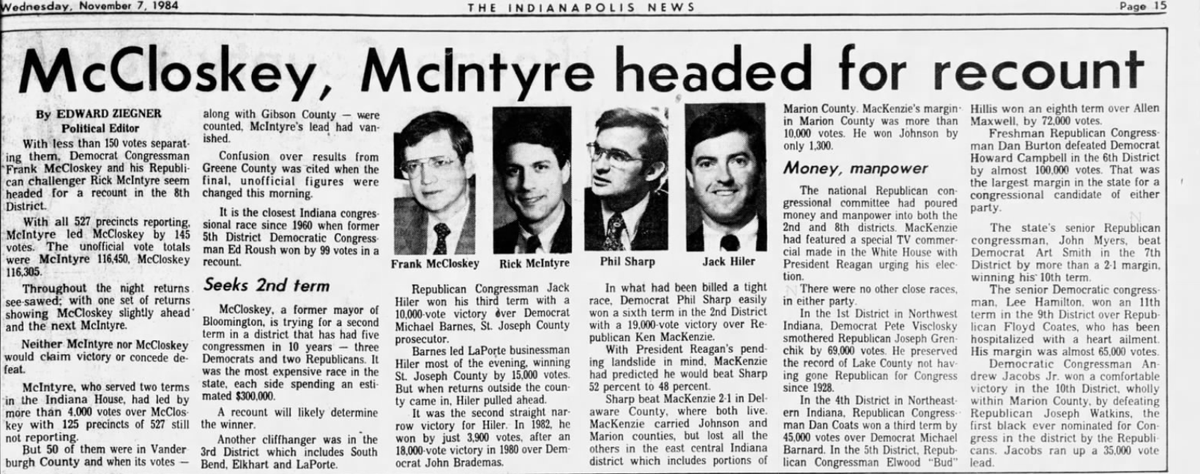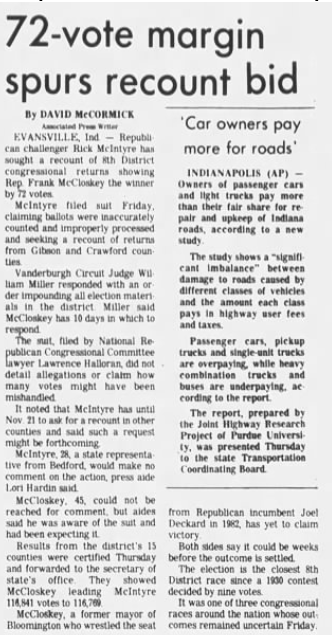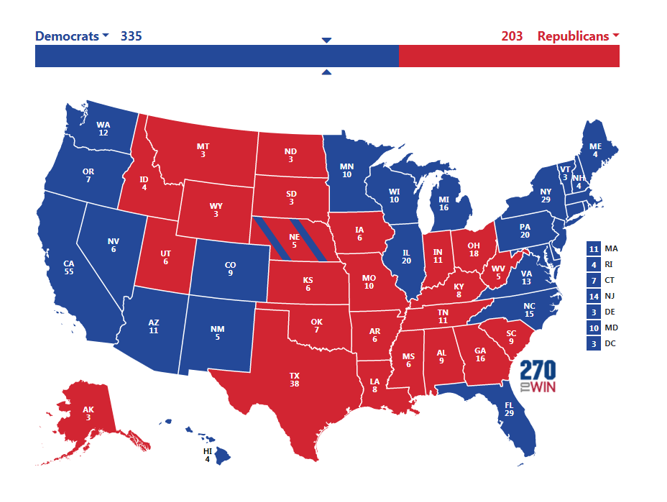
For David Dinkins, who passed away at 93 yesterday, the path to his historic election as NYC mayor began in the 1988 NY presidential primary.
Jesse Jackson came to the April primary hot off a big win in Michigan, and third term Mayor Ed Koch made it his mission to stop him:
Jesse Jackson came to the April primary hot off a big win in Michigan, and third term Mayor Ed Koch made it his mission to stop him:
Jackson, who had been caught referring to NYC as "Hymietown" a few years earlier, was already a controversial figure. Koch's relentless attacks on him overshadowed the campaign and helped to polarize the electorate along familiar demographic lines: 

Jackson ended up losing New York state handily to Michael Dukakis in the 4/19/88 primary, a result that effectively sealed the nomination for Dukakis.
But, in a surprise, Jackson, with overwhelming black turnout and support, carried New York City, a clear rebuke of the mayor:
But, in a surprise, Jackson, with overwhelming black turnout and support, carried New York City, a clear rebuke of the mayor:

The NYC result instantly revealed Koch's vulnerability to a Democratic primary challenge in his 1989 re-election campaign -- something that Jackson, the morning after the primary, hinted that he'd get behind:
And within weeks, potential Koch challengers began eyeing the race, including the co-chair of Jackson's campaign, Manhattan Borough President David Dinkins: 

17 months after the '88 primary: Manhattan Borough president David Dinkins defeats Mayor Ed Koch in the 1989 NYC Democratic mayoral primary:
• • •
Missing some Tweet in this thread? You can try to
force a refresh













